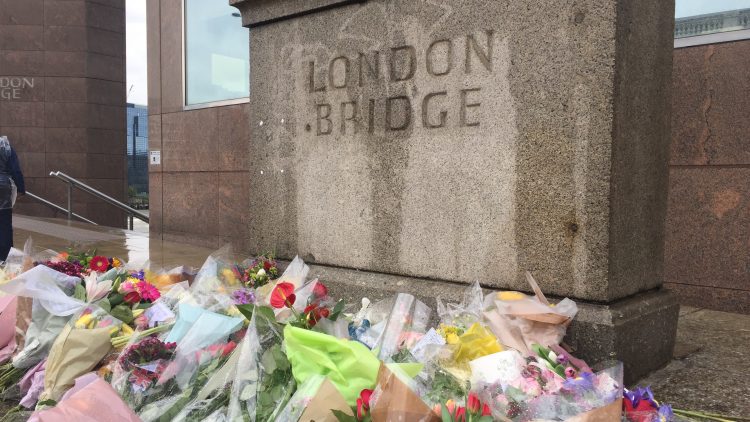
The London Terror Attack Ringleader Had a History of Extremist Views: What We Can Learn
A man has come forward to reveal how nine months before the London terror attack, he was on the receiving end of an abusive tirade by ringleader Khuram Butt.
According to the victim, Butt approached him in Hyde Park in central London and became aggressive, threatening to kill him because he had ‘turned his back on Islam’. Butt told the man, “if you do not honour my religion you should be killed”. The man managed to film the incident on his mobile phone.
It was a frightening altercation, but it was the language that Butt used that hit home. The victim told the press: “I knew this guy was going to do something stupid and he did. I just regret. Why didn’t I inform the police? Because if I did I could have saved many lives.”
Eight people died and 48 were injured in the massacre.
Of course, it’s not certain that the attack could have been prevented had the victim come forward sooner. However, it’s likely that he is not the only person to have witnessed such language, which is a clear signifier that he may be radicalised.
Butt had also previously appeared in a TV documentary about extremism and was known to police – but after an investigation there was no evidence to suggest any terrorist activity or that an attack was being planned. The testimony of this victim, and perhaps others if any incidents took place, might have placed Butt back under suspicion.
From the words that Butt used in this incident, it appears he had adopted a ‘them and us’ mentality, a violent attitude and an aggressive nature. He was walking the streets of London threatening to murder anyone he thought was non-Muslim, or against his ideology.
It is not always easy to spot the signs of radicalisation, but as this victim states, he had a real sense that something was not right due to Butt’s use of language and his manner.
FAST works with many families who have experienced the radicalisation of a loved one. We have learned that there are often similar signs of radicalisation to be on the lookout for, including becoming more argumentative and domineering, condemning those who don’t agree, and expressing themselves in a divisive ‘them and us’ manner about others who do not share their religion or beliefs.
We owe it to ourselves, our communities and our society to educate ourselves about the signs of radicalisation and find help if we think a loved one is being drawn down that path. If we don’t act, they may endanger the lives of others or end up killing themselves. There are many trusted resources to reach out to if we are concerned.
Together, we can step in before it’s too late. By taking action now, we have an opportunity to save lives.
